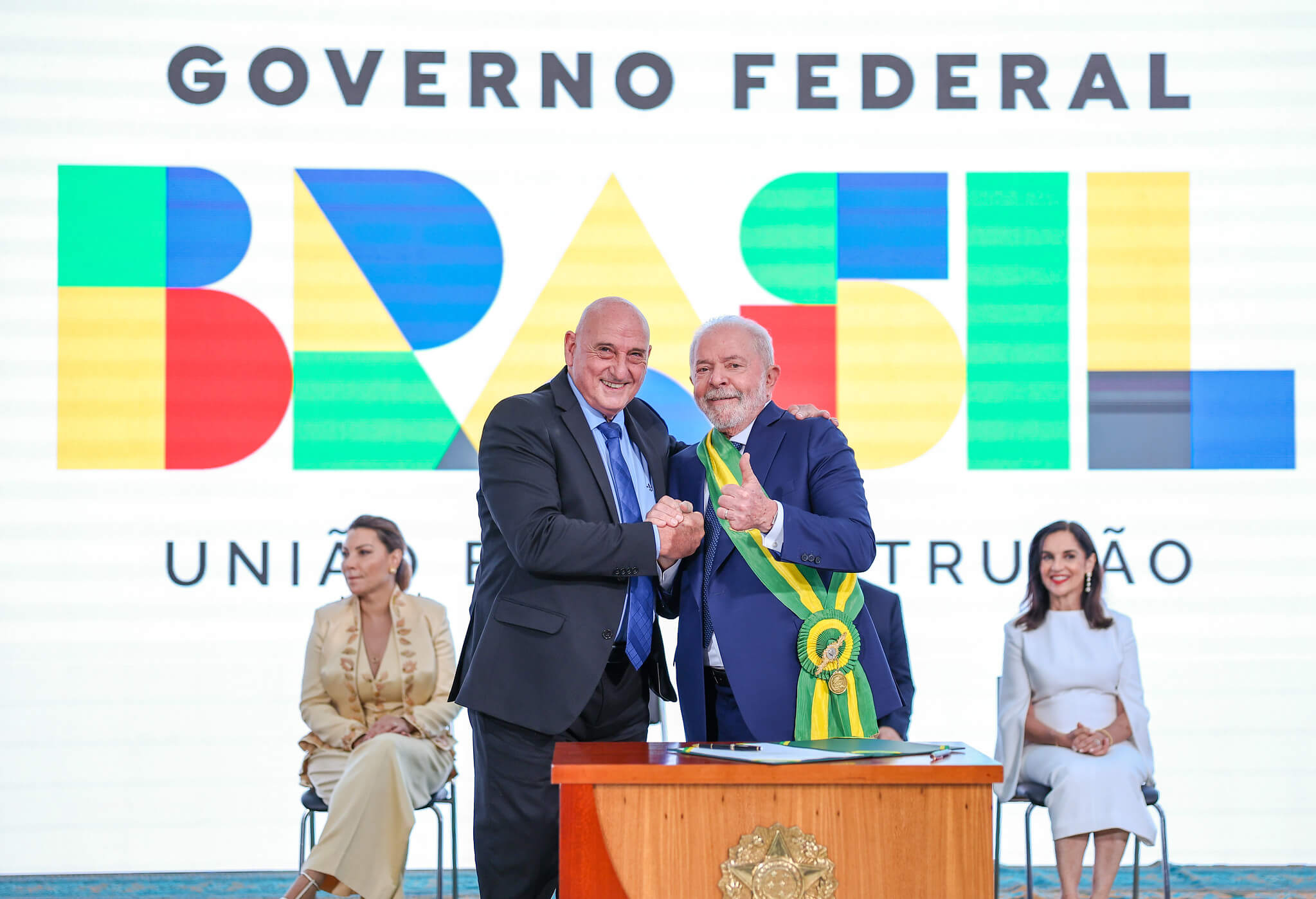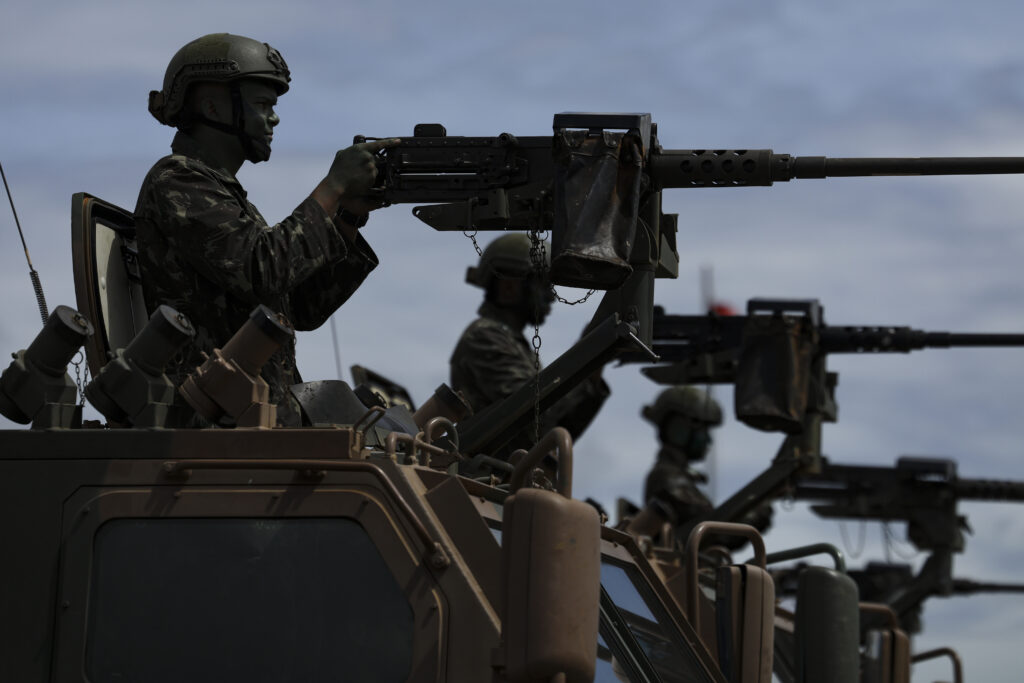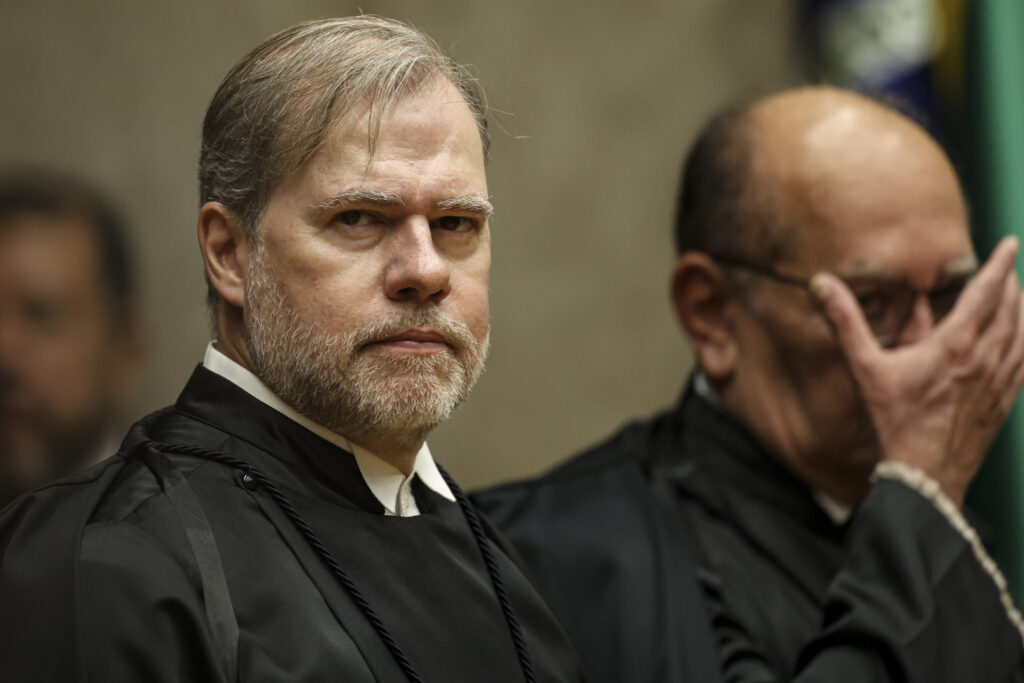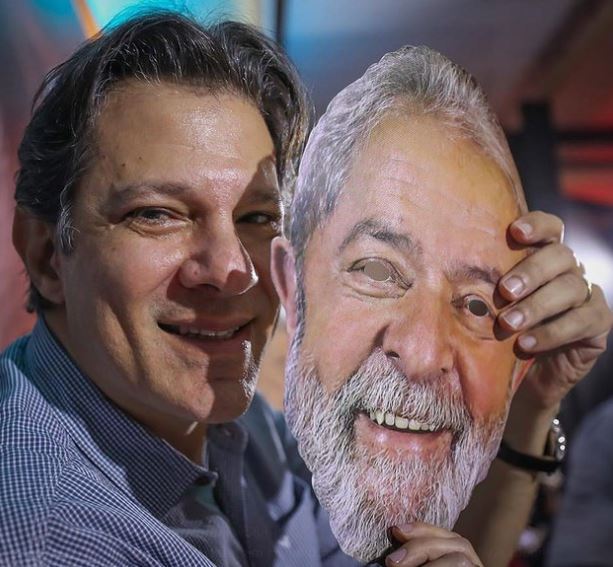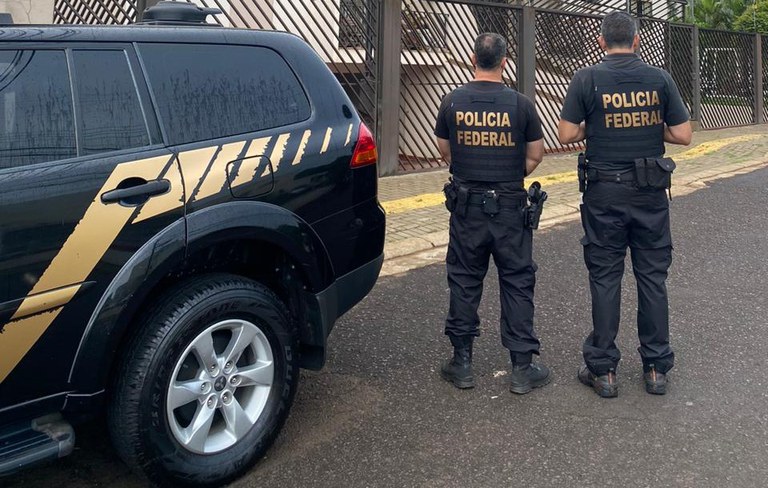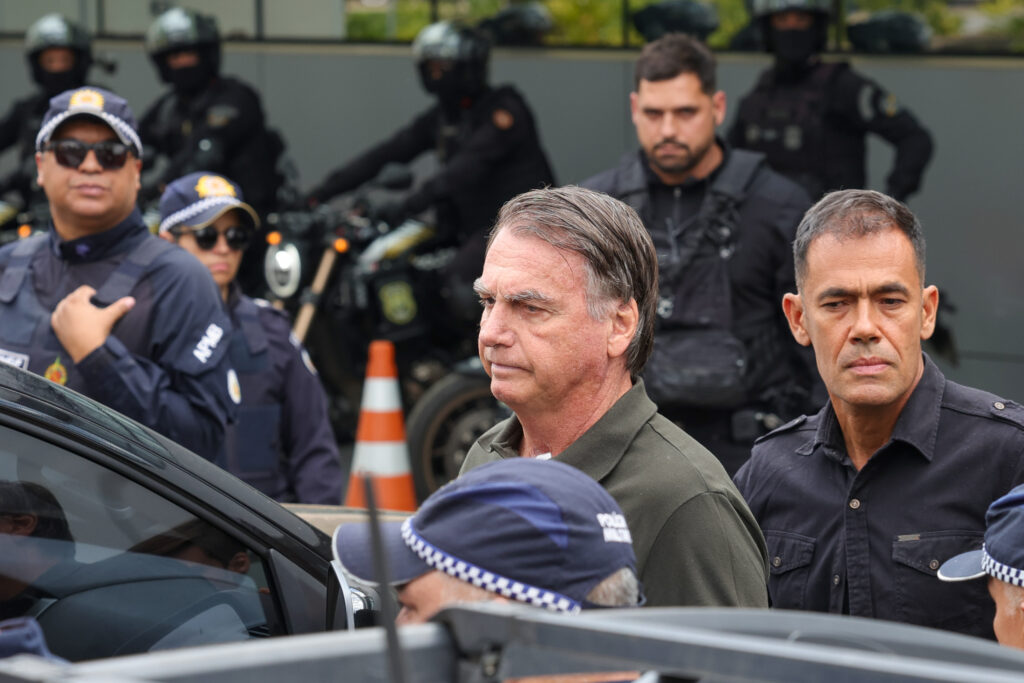São Paulo, Brazil — President Luiz Inácio Lula da Silva’s chief of security, Army General Marco Edson Gonçalves Dias, resigned on Wednesday after security footage surfaced of the official apparently assisting vandals enter the Palácio do Planalto, the office of Brazil’s presidency, during the January 8 attacks on the country’s government headquarters.
The video was first obtained by CNN Brasil, and since its release on Wednesday, opposition lawmakers have argued that officials within Lula’s government may have been complicit in the attacks.
On January 8, thousands of supporters of defeated former President Jair Bolsonaro stormed the country’s government headquarters in Brasília to protest the results of the election. Millions of dollars of damage occurred in the offices of Brazil’s presidency, the Supreme Court, and Congress, and numerous investigations are underway, including into former Justice Minister Anderson Torres as well as Bolsonaro.
General Dias met with Lula and other ministers after the release of the footage and decided to step down in an attempt to prevent further damage to the government.
Lula has not yet decided who will replace the general in his cabinet. In the meantime, the Executive Secretary of the Ministry of Justice, Ricardo Cappelli, will serve as interim security chief.
CNN Brasil reported that it had access to over 160 hours of footage from 22 security cameras installed in the presidential offices.
The videos show that in addition to General Dias, other officials from the current security cabinet were also in the building alongside the attackers on January 8.
Instead of acting to prevent the attack on the building, they were seen talking to vandals, offering them water, and passively watching the attack unfold.
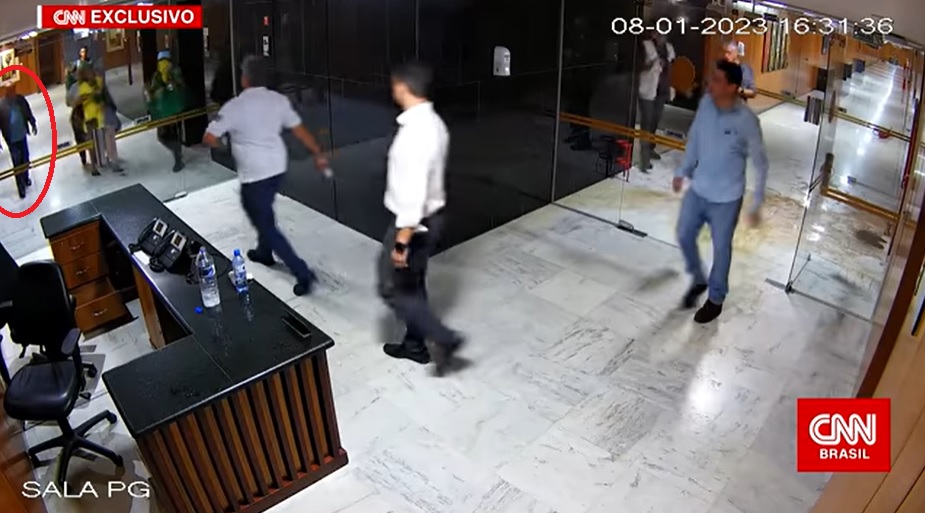
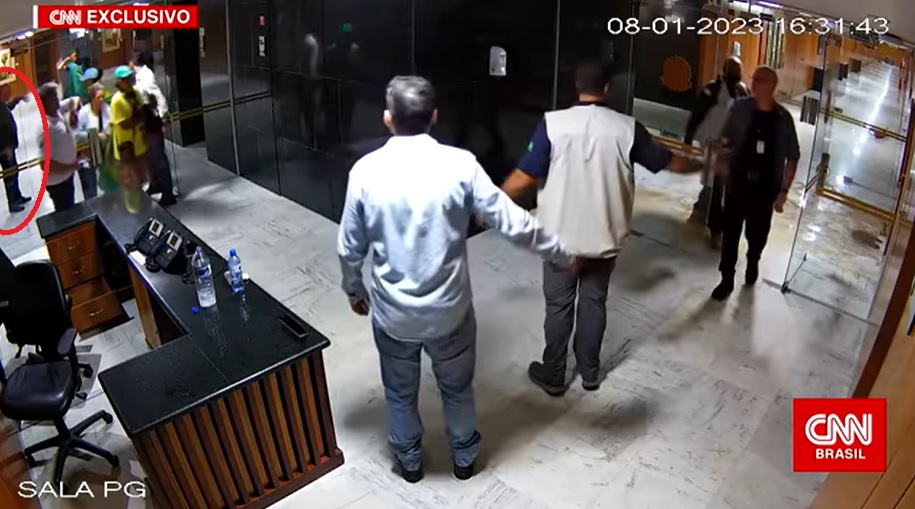
Afterward, members of the Brazilian government even directed rioters to the appropriate exits.
The footage has shaken the power structure at the center of Brazil’s government, and lawmakers from Lula’s opposition are calling for more investigations into the attacks on January 8, including forming a parliamentary investigation committee, a move Lula’s administration has been trying to avoid.
Lula had opposed a parliamentary investigation because the Federal Police, as well as the Justice Department, are already investigating, and a parliamentary inquiry could lead to a political firestorm, blocking voting on key legislation, and tarnishing the image of his presidency early into his third term in office.
Although opposition lawmakers acknowledge that the January 8 attacks were mostly carried out by Bolsonaro supporters, they seem hopeful that a parliamentary investigation could help establish some connection that could hold members of the current government responsible for the attacks.
They argue that intelligence agencies had been previously notified of the threat, but the federal government’s security apparatus did not take the necessary steps to prevent the chaos that day.
The newly uncovered security footage could help prove government officials’ involvement in the attacks — even those who are still serving today.


